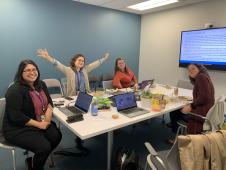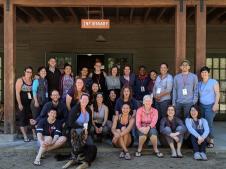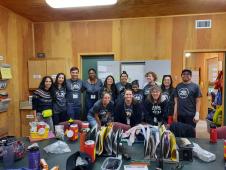Education
Welcome to the UCSF Pediatric Endocrinology Fellowship! We are a well-established, ACGME accredited fellowship program with a long history of training outstanding pediatric endocrinologists. Our program emphasizes training flexibility, allowing fellows to develop research skills or gain experience in specialized areas of pediatric endocrinology based on their interests. The program is also unique in that fellows rotate at two large tertiary children’s hospitals.
The UCSF Pediatric Endocrinology Fellowship’s mission is to train future leaders in pediatric endocrinology who will advance scientific knowledge and provide outstanding care to children and young adults with endocrine disorders. The program achieves this mission by:
- Providing a supportive training environment where fellows develop skills in basic, translational, and/or clinical research
- Utilizing a structured curriculum and our clinical settings to teach the foundations of clinical pediatric endocrinology.
- Maximizing training flexibility to tailor the fellowship to match the research or clinical interests of the fellows.
- Providing fellows with opportunities to develop skills in leadership, medical education, and quality improvement.
If you’re interested in our program or would like to rotate with our division, please reach out to Shylaja Srinivasan, MD, MAS, and Jenise Wong, MD, Program Directors! We’d love to speak to you!
Skip to Section:
About the Program
 The three-year fellowship is broken down into approximately six months of inpatient clinical experience and 30 months devoted to research and outpatient clinical experience.
The three-year fellowship is broken down into approximately six months of inpatient clinical experience and 30 months devoted to research and outpatient clinical experience.
Year 1:
The six months of inpatient experience is completed in the first year of training. Inpatient training occurs at the UCSF Benioff Children’s Hospital in San Francisco, a large quaternary care facility located in the Mission Bay neighborhood of San Francisco. During the inpatient rotation, fellows work closely with faculty members to see consults and provide diagnostic and management guidance to primary teams from all service areas (general pediatric floors, hematology/oncology, bone marrow transplant, surgical services, PICU, and NICU). In addition, fellows participate in the management of endocrine clinical research patients admitted to the Pediatric Clinical Research Center.
The remaining six months of the first year is devoted to developing a research project (see below) and participating in outpatient endocrinology clinics including our disorders of sexual differentiation, neuro-oncology, lipid, PCOS, skeletal health, obesity, diabetes, and general endocrinology clinics. In all these clinics, fellows see patients with faculty supervision and are responsible for the diagnostic evaluation and management of patients.
In addition, first-year fellows rotate for one month at the UCSF Benioff Children’s Hospital in Oakland, a large tertiary care children’s hospital located in Oakland, CA. The hospital’s large catchment area makes it the largest diabetes center in all of Northern California for both type 1 and type 2 diabetes. There are six full-time clinical pediatric endocrinologists, as well as a lipidologist. Specialty clinics available on the Oakland campus include a pre-diabetes clinic, a lipid clinic, and a clinic for disorders of sexual development or hormone-related conditions. Being one of a few centers of excellence for thalassemia care in hematology, there are also endocrinologists involved in the comprehensive thalassemia care team on the Oakland side that are researching and managing the endocrine disorders that occur from iron overload. The goal of the fellowship rotation on the Oakland campus is to build the fellow’s diagnostic, assessment, and management skills in both the inpatient and outpatient settings. Given the high volume and range of patient cases, there are ample opportunities to see a wide variety of pathology and manage common endocrinopathies.
Years 2 and 3:
The second and third years of fellowship are devoted to completing the fellow’s scholarly activity (i.e. research project) and gaining additional experience with outpatient endocrinology. Second and third year fellows cover the inpatient service up to two weeks per year and occasional weekends to provide time off to the first year fellows. Senior fellows are expected to participate in at least one half-day per week of outpatient continuity clinic (typically two endocrinology clinics and two diabetes clinics per month) during their second and third year. These continuity clinics will provide a longitudinal care experience to prepare fellows for their own clinical practice.
Scholarly Activity
To become certified as a pediatric endocrinologist, the American Board of Pediatrics requires each fellow to complete a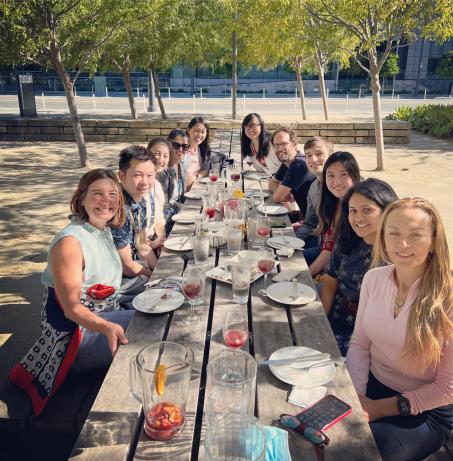 scholarly activity during fellowship. Our fellows’ projects have ranged from patient-oriented clinical research, to quality improvement, to laboratory research. Laboratory and clinical research may occur under the mentorship of pediatric endocrinology faculty members or any faculty member at UCSF, providing the fellow immense flexibility to explore their interests. The Department of Pediatrics coordinates Fellows’ College for all subspecialty pediatrics fellows, which includes a skills development workshop series, and guidance on scholarly work from each fellow’s Scholarship Oversight Committee (SOC). The SOC works with the fellow, the program directors, and the fellow’s mentors to develop an Individual Development plan (IDP) to guide research and clinical activities. The rich investigative environment of UCSF cannot be overstated and can be immensely beneficial to fellows no matter their career choice.
scholarly activity during fellowship. Our fellows’ projects have ranged from patient-oriented clinical research, to quality improvement, to laboratory research. Laboratory and clinical research may occur under the mentorship of pediatric endocrinology faculty members or any faculty member at UCSF, providing the fellow immense flexibility to explore their interests. The Department of Pediatrics coordinates Fellows’ College for all subspecialty pediatrics fellows, which includes a skills development workshop series, and guidance on scholarly work from each fellow’s Scholarship Oversight Committee (SOC). The SOC works with the fellow, the program directors, and the fellow’s mentors to develop an Individual Development plan (IDP) to guide research and clinical activities. The rich investigative environment of UCSF cannot be overstated and can be immensely beneficial to fellows no matter their career choice.
Fellows may take courses in the graduate division in cellular and molecular biology, statistics, and clinical research. Fellows seeking formal training in clinical research can take coursework through UCSF’s graduate division in clinical epidemiology and biostatistics and the Training in Clinical Research (TICR) program. Opportunities through TICR include the Summer Clinical Research Workshop, the Advanced Training in Clinical Research (ATCR) certificate program, the Master's Degree Program in Clinical Research , and the Implementation Science program. The Master’s Degree Program in Clinical Research at UCSF is broadly recognized as one of the best and most rigorous programs of its kind in the nation.
Fellows also have opportunities to participate in formal educational and professional development programs offered through the UCSF School of Medicine Graduate Medical Education (GME) division. These include GME Pathways (Clinical Informatics and Data Science, Global Health, Addressing Health Disparities, Health Professions Education, or Health Systems Leadership) and the Residents and Fellows Leading Interprofessional Continuous Improvement Teams (REFLECT) quality improvement incentive program.
Mentoring
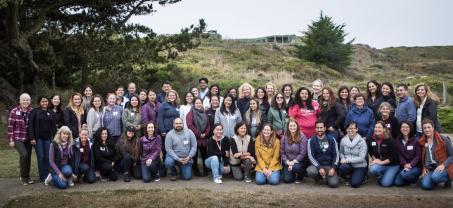 Our program believes that strong mentoring relationships contribute to a successful and rewarding fellowship experience. At the start of the first year of fellowship, fellows are assigned a career mentor, separate from the program director or research mentor. The career mentor meets with the fellow quarterly to review career goals and discuss professional interests and development in an informal environment. In addition, fellows meet with the associate program directors quarterly to review their individualized learning plan and research projects. Finally, all fellows meet with the program director on a semi-annual basis to review their overall progress. These meetings not only allow fellows to receive ongoing guidance on their professional development but also allow fellows to provide feedback to the program. To maximize the efficacy of mentoring sessions, all faculty take courses on advancing and sustaining opportunity for all and receive coaching on delivering feedback.
Our program believes that strong mentoring relationships contribute to a successful and rewarding fellowship experience. At the start of the first year of fellowship, fellows are assigned a career mentor, separate from the program director or research mentor. The career mentor meets with the fellow quarterly to review career goals and discuss professional interests and development in an informal environment. In addition, fellows meet with the associate program directors quarterly to review their individualized learning plan and research projects. Finally, all fellows meet with the program director on a semi-annual basis to review their overall progress. These meetings not only allow fellows to receive ongoing guidance on their professional development but also allow fellows to provide feedback to the program. To maximize the efficacy of mentoring sessions, all faculty take courses on advancing and sustaining opportunity for all and receive coaching on delivering feedback.
Conferences and Curriculum
Our program’s approach to teaching balances didactic instruction with fellow-driven learning. All fellows receive intensive didactic teaching early in the first year by attending a summer lecture series given by the adult endocrine division and a separate series of pediatric-specific topics delivered by the pediatric endocrinology faculty. These lectures are meant to be a “crash course” in commonly encountered endocrine problems seen on the inpatient service or during outpatient rotations. In addition, the division’s faculty run a lecture series covering foundational topics in pediatric endocrinology that follows the American Board of Pediatrics content outline for pediatric endocrinology. The goal is to cover the content outline over a three-year period.
At the same time, we ask our fellows to be active in their own education. Fellows and faculty attend weekly clinical educational conferences, which include journal clubs, sessions on continuous process improvement (quality improvement and Morbidity and Mortality conferences), and research conferences. Fellows run our weekly divisional case conference where interesting and challenging inpatient and outpatient cases are presented and discussed. These conferences bring together all faculty and fellows and create outstanding discussions about pathophysiology and management of various endocrine disorders. In addition, pediatric endocrine fellows, along with pediatric urology fellows, present cases at our monthly disorders of sexual differentiation clinic. Fellows attend the weekly Endocrine Grand Rounds series which features both local and guest speakers from medicine, pediatrics, reproductive endocrinology, and the basic sciences, can join a weekly reproductive endocrinology seminar series, and present at monthly joint pediatric/adult/reproductive endocrine “mini” grand rounds.
Goals and Objectives
Our program is designed to:
- Develop expertise in diagnosing and managing endocrine diseases across all pediatric age groups.
- Foster a deep understanding of hormonal physiology and pathophysiology.
- Encourage proficiency in clinical and/or basic research methodologies.
- Promote excellence in teaching, leadership, and quality improvement initiatives.
- Prepare fellows for board certification and successful careers in academic or clinical settings.
How We Support Our Fellows
Funding
Between departmental funds and our NIH T-32 training grant, the division guarantees a fellow’s funding for all three years of fellowship. Fellows are encouraged to apply for grants and other awards during their time here.
Benefits
Fellows receive four weeks (20 business days) of vacation annually. Salary and benefits are standardized across the university, and all fellows also receive a housing stipend of approximately $1,000 per month.
For more information, please follow the links below:
Combined Training in Adult and Pediatric Endocrinology
We have a long history of training internal medicine-pediatrics residents in both adult and pediatric endocrinology. Accepted trainees generally complete their clinical training in their first two years followed by two years of research. Fellows are eligible to sit for the endocrinology boards from the American Board of Internal Medicine and the American Board of Pediatrics.
Training Life
Policies and Procedures
The UCSF Program in Pediatric Endocrinology adheres to all the policies and procedures mandated by the University of California, its Graduate Medical Education Committee and the Accreditation Council of Graduate Medical Education (ACGME). Details of these policies and procedures can be accessed as follows:
1. University of California, San Francisco Housestaff Information Booklet - A guide for residents and clinical fellows. This 58 page pamphlet provides a wealth of details about UCSF, its philosophies and policies. It covers all aspects of appointment and employment, including selection policies, duties, responsibilities, salaries, insurance, evaluation, disciplinary procedures, non-discrimination, sexual harassment, grievance policies and appeals. It contains sections on California medical licensure, narcotic registration, CPR certification, etc. and as well as an extensive section on available services, including loans, parking, legal aid, etc.
The full text of the Housestaff Information Booklet is available at:
https://meded.ucsf.edu/residents-clinical-fellows/gme-resident-and-fellow-resources/housestaff-information-booklet
2. Further details are available for the following crucial areas:
Home Site of Graduate Medical Education (GME) Program Policies https://meded.ucsf.edu/about-us/guidelines-policies/medical-student-policies
3. Drug-Free Workplace - University of California Policy on Substance Abuse:
https://meded.ucsf.edu/policies-procedures/university-california-policy-substance-abuse
4. Graduate Medical Education Moonlighting Policy:
https://meded.ucsf.edu/residents-clinical-fellows/well-being-and-mental-health-resources-residents-and-fellows/clinical-working-environments
5. Sexual Harassment Informal Complaint Procedures:
https://ophd.ucsf.edu/complaints
6. UCSF Policy on Sexual Harassment and Non-Discrimination:
https://ophd.ucsf.edu/policies-guidelines
7. Zero Tolerance Standard for workplace Violence:
https://hr.ucsf.edu/benefits/staff-and-faculty/faculty-and-staff-assistance-program/threat-management
8. Policies Applying to Campus Activities, Organizations, and Students:
https://www.ucop.edu/student-equity-affairs/policies/pacaos.html
9. Policy on Information Security, Procedures, and Guidelines:
http://oaais.ucsf.edu/OAAIS/about/58-DSY/SecurityPolicies.html
10. Supporting a Fair Environment (SAFE) The purpose of SAFE is to provide a method for identifying situations, environments, and individual actions that interfere with UCSF's goal of creating a learning environment that provides opportunity and fairness for all.
https://ucsf.co1.qualtrics.com/jfe/form/SV_0VwcaXHEvY4mXRP
11. UCSF GME Confidential Hotline/Helpline:
(415) 502-9400
12. Office of the Ombuds
(415) 502-9600 | ombuds.ucsf.edu
Program Leadership
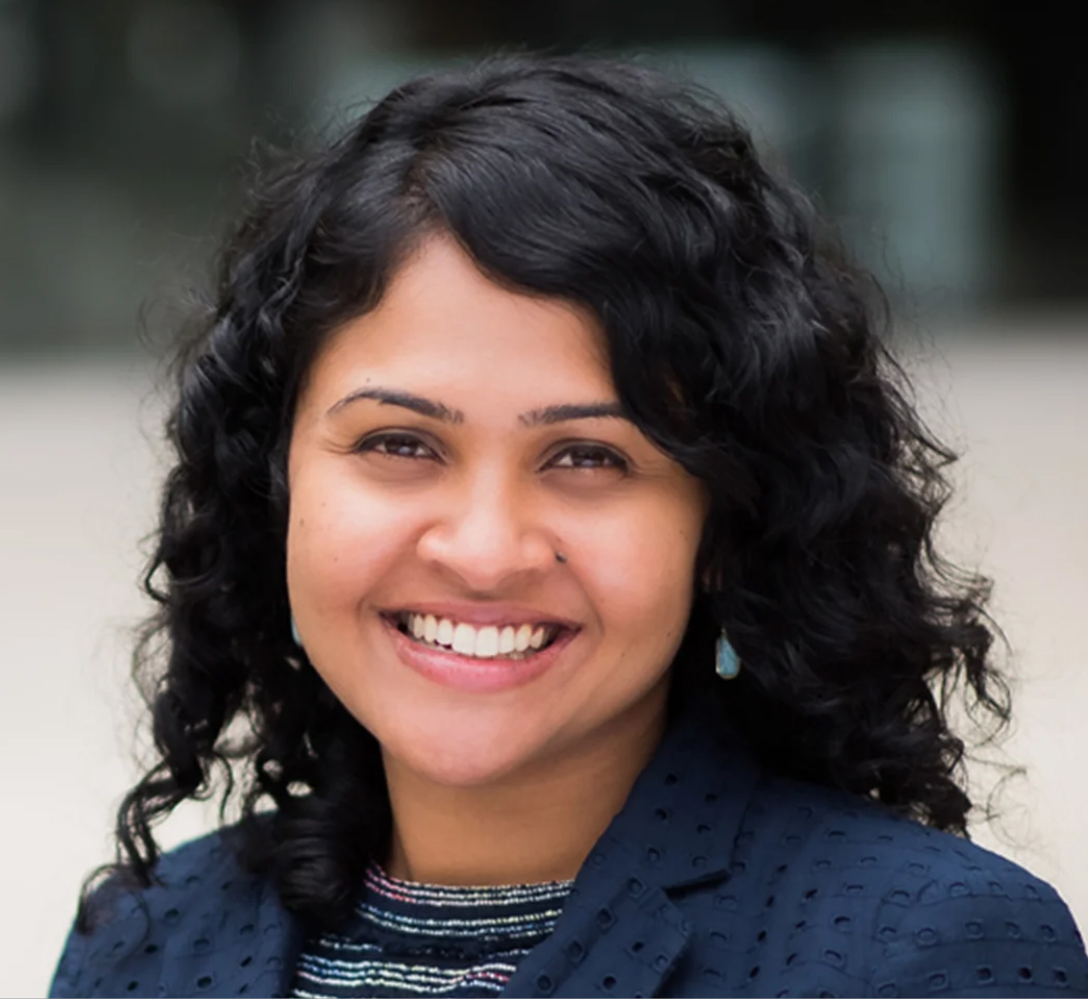
Shylaja Srinivasan, MD, MAS
Fellowship Program Director
[email protected]
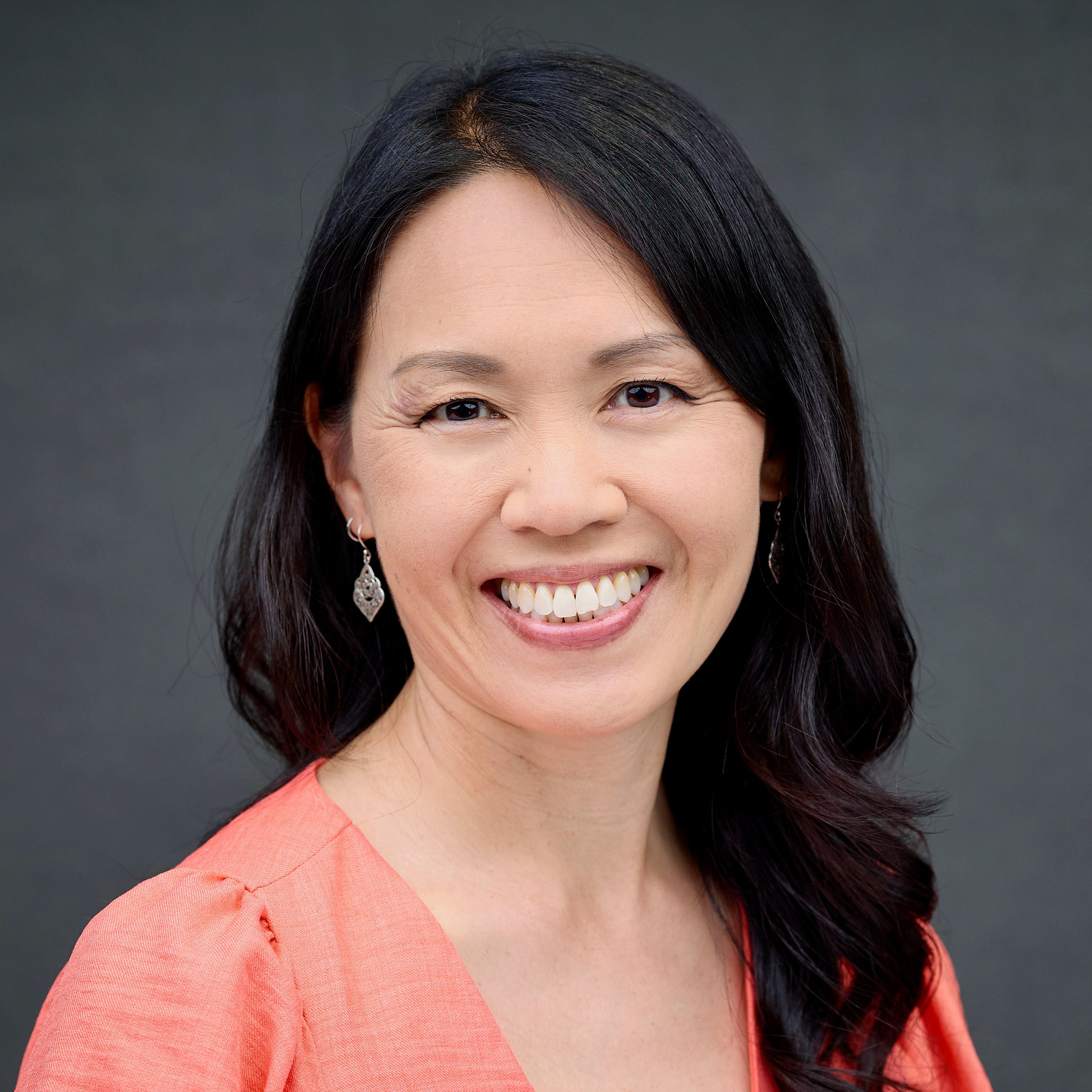
Jenise Wong, MD, PhD
Fellowship Program Director
[email protected]
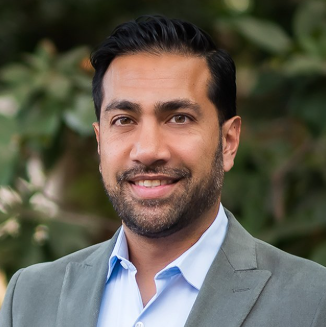
Tariq Ahmad, MD
Associate Program Director
[email protected]
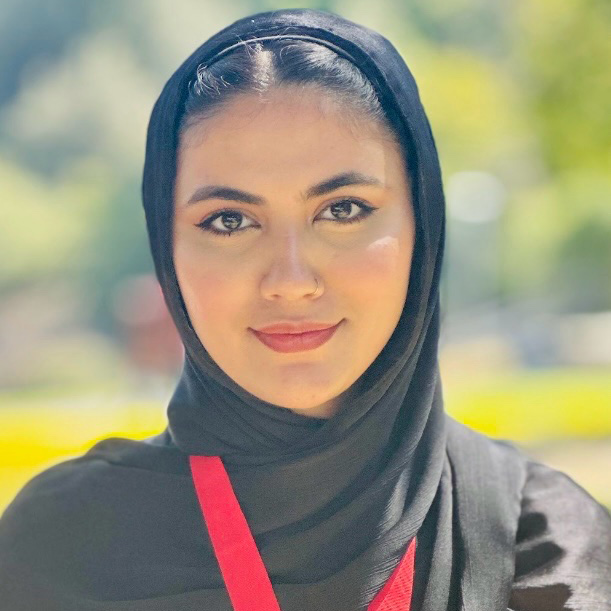
Laiba Ghufran
Fellowship Program Manager
[email protected]
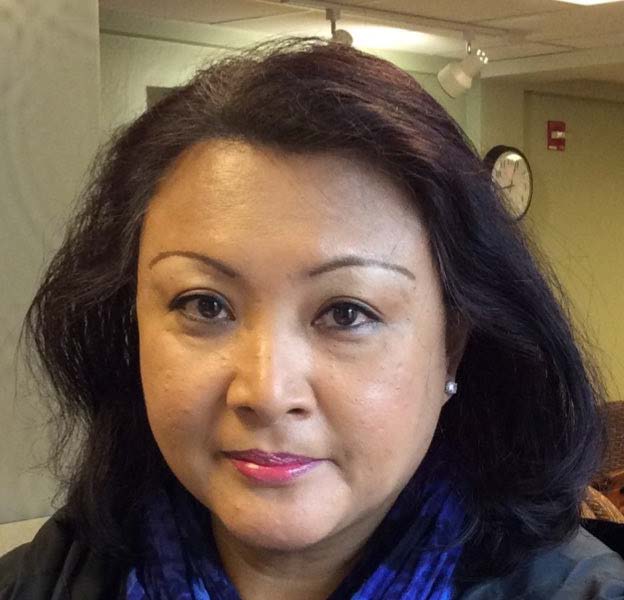
Susan Untalan
Administrative Assistant III
[email protected]
Current Fellows
Year 3 Fellow
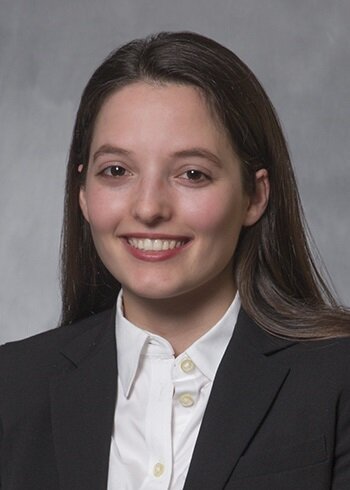 Eleanor Allen, MD
Eleanor Allen, MD
Medical School: UT Southwestern
Residency: Tufts
Research: CGM accuracy in the inpatient setting
Interests: Type 1 diabetes, diabetes technology
Outside interests/hobbies: hiking, biking, birdwatching
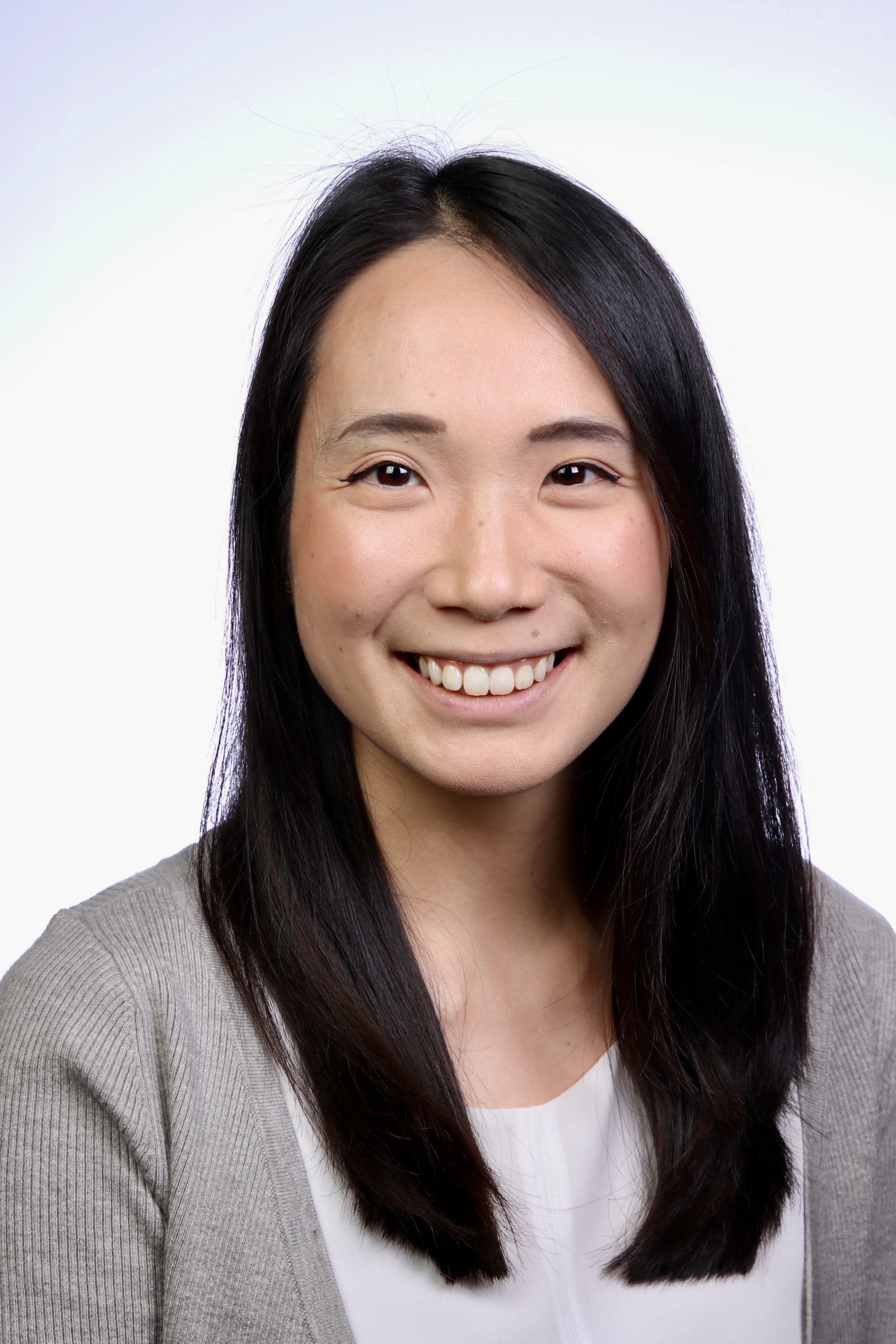 Megan Yuasa, MD
Megan Yuasa, MD
Medical School: New York Medical College
Residency Training: Children’s Hospital Oakland
Research: Facilitators and Barriers to Physical Activity in Youth with Prediabetes & Type 2 Diabetes; Feasibility of the FreeStyle Libre Continuous Glucose Monitoring System in Youth with Type 2 Diabetes
Interests: Youth-onset type 2 diabetes, exercise, advancing and sustaining opportunity for all, and use of diabetes technology
Outside interests/hobbies: Golf, pilates/barre workouts, reading, shopping, crafting, drinking coffee in coffee shops, skiing (poorly)
Year 2 Fellows
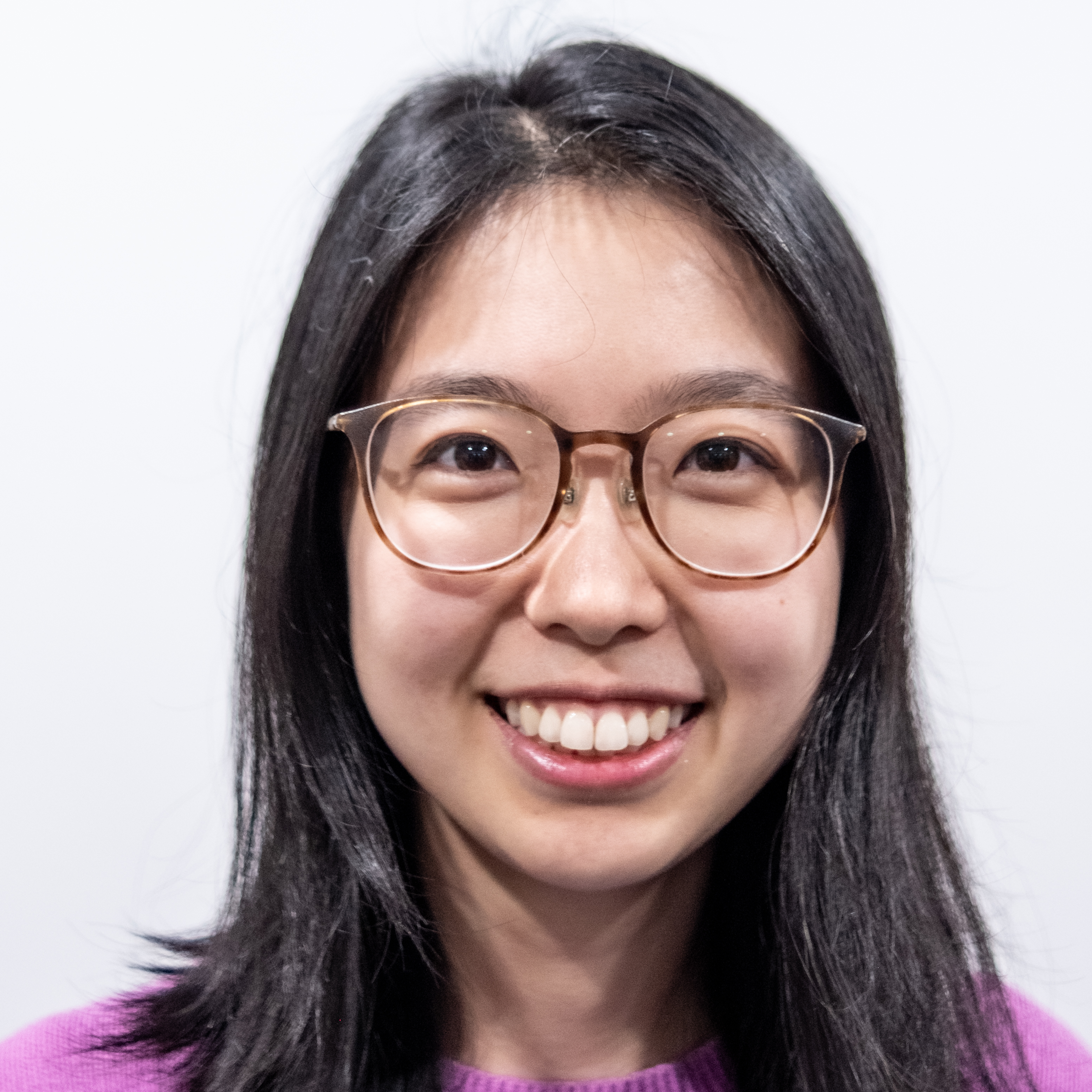 Xing Luu, MD
Xing Luu, MD
Medical School: University of Texas at Houston Medical School, Houston, TX
Residency: Kaiser Permanente Northern California Pediatrics Residency, Oakland, CA
Research: TBD
Interests: Type 1 Diabetes technologies and challenges in accessing diabetes care and resources for all populations, Medical education
Outside interests/hobbies: anything with dogs, walking my corgi, hiking/outdoors, bubble tea enthusiast, yoga, gardening and plant care
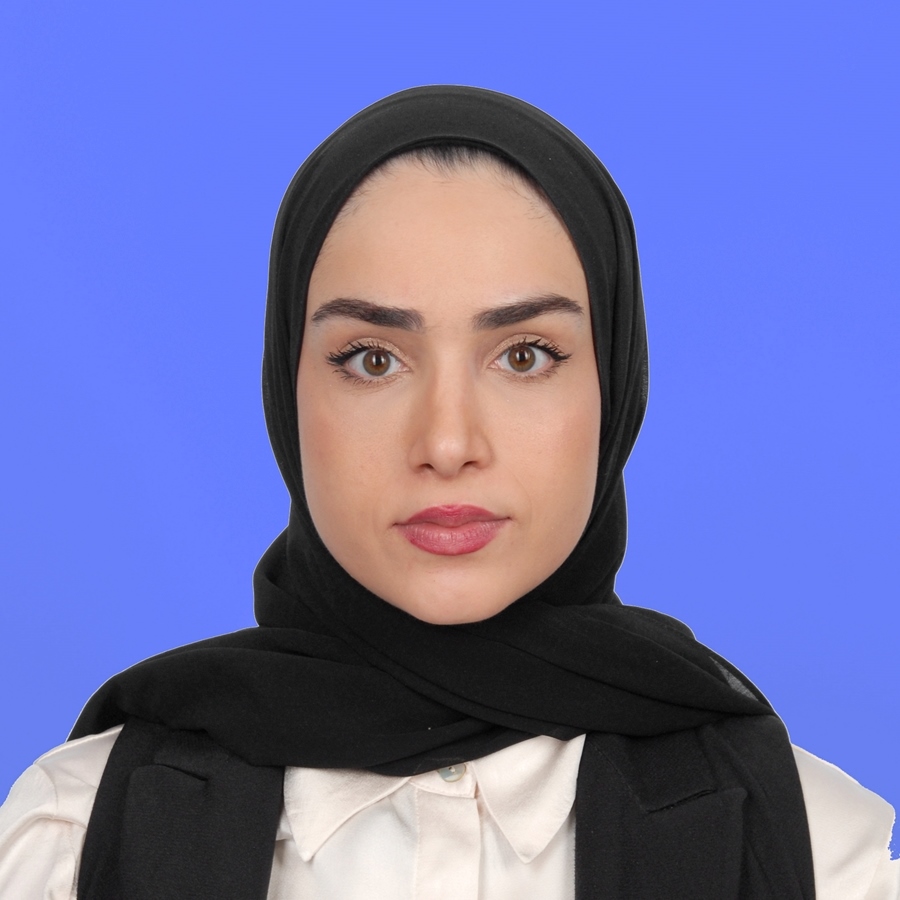 Mariam Mroweh, MD
Mariam Mroweh, MD
Medical School: Lebanese university ,Lebanon
Residency: American University of Beirut Medical Center (AUBMC), Lebanon
Research: TBD
Interests: type I Diabetes ,Clinical research
Outside interests/hobbies: Fitness lover, family-oriented, sunset admirer, enjoy good food and coffee
Year 1 Fellows
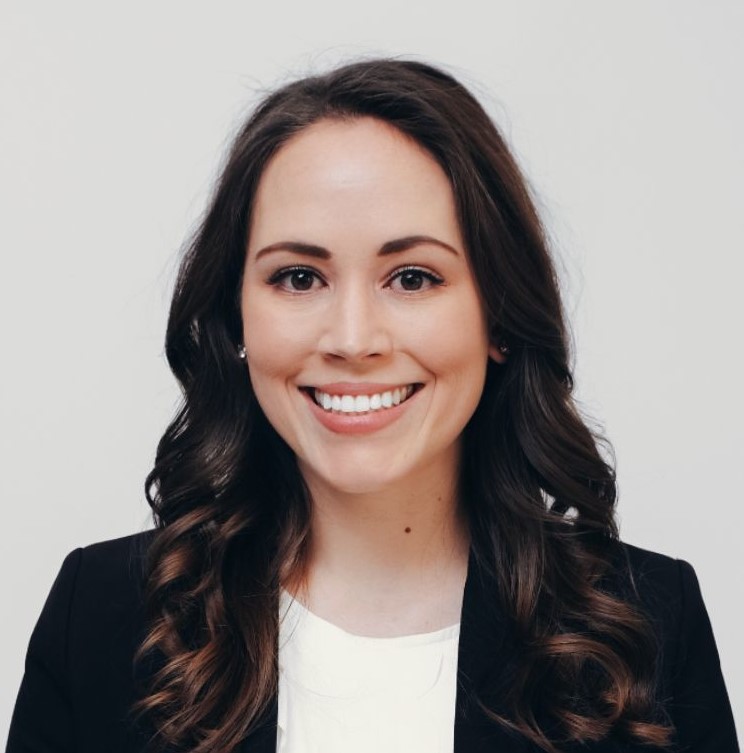 Austin Sanders, MD, MPH
Austin Sanders, MD, MPH
Training Dates: 2025-2028
Medical School: University of Missouri School of Medicine
Residency: University of California, San Francisco
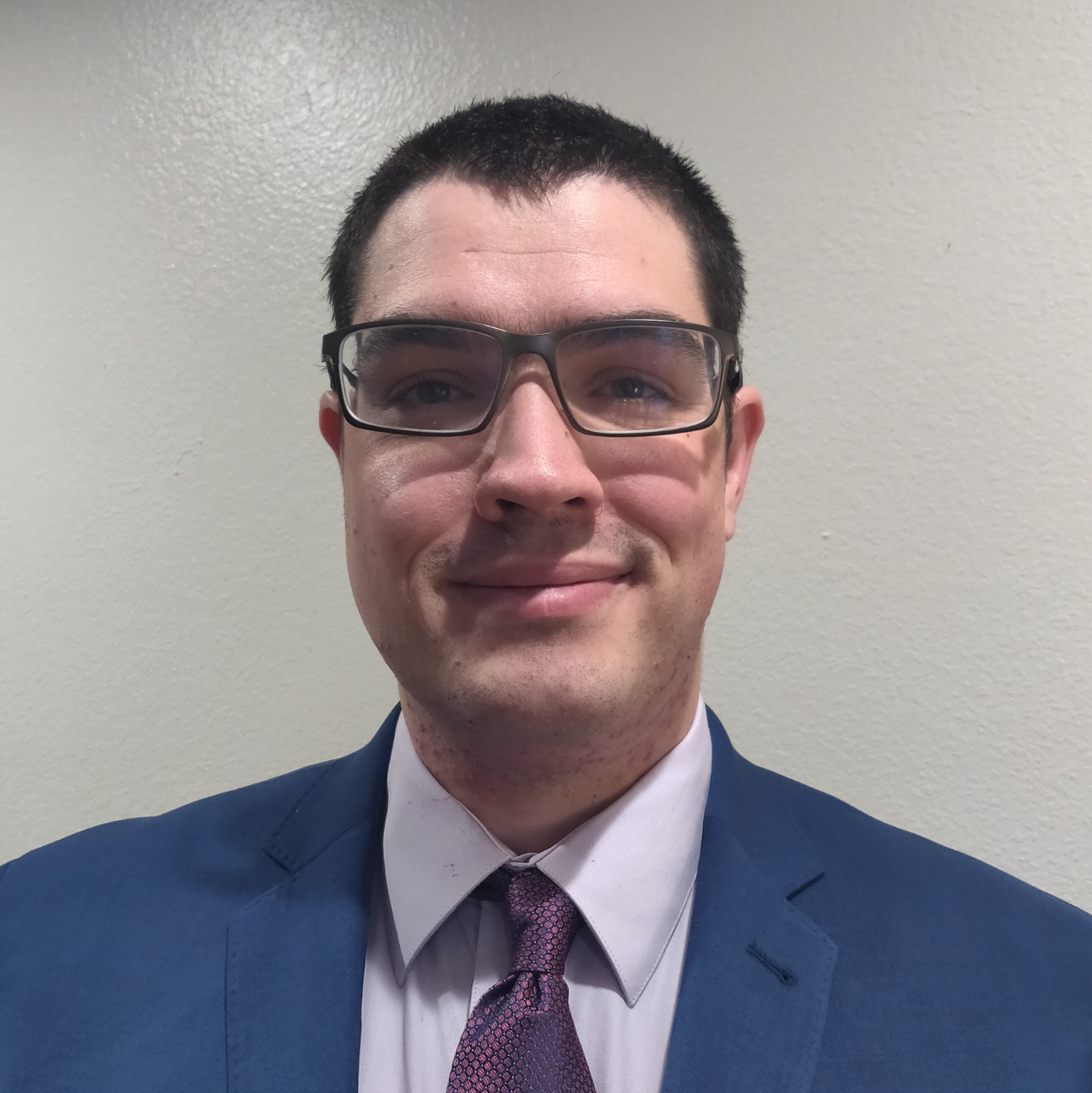 Samuel Thompson, MD
Samuel Thompson, MD
Training Dates: 2025-2028
Medical School: University of New Mexico
Residency: University of New Mexico
Recent Past Trainees
-
Aristides Diamant, MD, PhD (2025 Graduate)
Current Position: Assistant Professor, UCSF -
Tina Hu, MD, MPH (2025 Graduate)
Current Position: Assistant Professor, UCSF -
Sujatha Seetharaman, MD, MPH (2024 Graduate)
Current Position: Assistant Professor, UCSF -
Martin Thelin, MD, PhD (2023 Graduate)
Current Position: Assistant Professor, UCSF -
Abby Cobb-Walch, MD (2023 Graduate)
Current Position: Assistant Professor, UCSF -
Isabella Niu, MD (2023 Graduate)
Current Position: Assistant Professor, University of Washington, Seattle Children’s Hospital -
Priya Srivastava, MD (2023 Graduate)
Current Position: Attending Physician, Stanford Children's Health, Walnut Creek, CA -
Kevin Yen, MD (2023 Graduate)
Current Position: Assistant Professor, UCSF -
Fatema Abdulhussein, MD (2021 Graduate)
Current Position: Clinical Instructor, BC Children’s Hospital, Vancouver -
Hannah Chesser, MD (2021 Graduate)
Current Position: Assistant Professor, UCSF -
Caroline Schulmeister, MD (2021 Graduate)
Current Position: Assistant Professor, University of California, Davis
How to Apply
We participate in the National Residency Matching Program (NRMP) and accept applications through the Electronic Residency Application Service (ERAS).
To be eligible, applicants must have completed an ACGME-accredited pediatric residency.
Requirements:
- Completed ERAS application
- Medical school transcript
- Three letters of recommendation
- USMLE scores
- Personal statement
We encourage candidates to apply early. The application deadline is August 31.
Questions about the application process or fellowship program can be directed to our program coordinator, Laiba Ghufran
Achievements
Tina Hu, MD
-
2025 UCSF Health Improvement Symposium: Highest Rated Improvement Initiatives – University of California San Francisco, San Francisco, CA – May 2025
-
Resource Allocation Program Grant (Pilot for Established Investigators, Co-Investigator) – University of California San Francisco, San Francisco, CA – June 2024
-
UCSF Benioff Children’s Hospital Annual Fellow Teaching Award (Pediatric Endocrinology) – University of California San Francisco, San Francisco, CA – June 2023
-
ACGME Clinical Fellow of the Year Division Award (Adult Endocrinology) – University of California San Francisco, San Francisco, CA – June 2022


